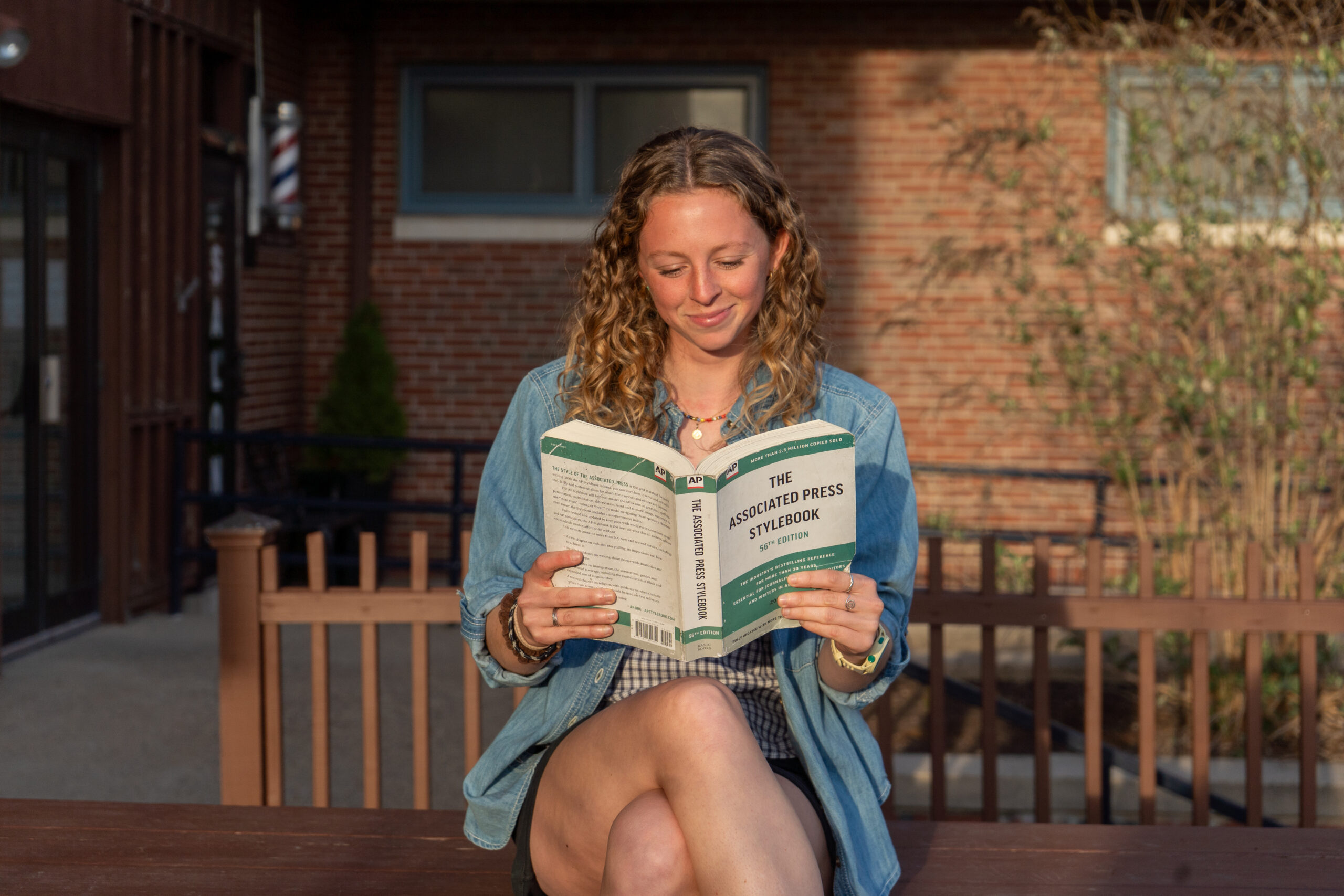Nationally, sexual assault on college campuses is a significant problem. Sexual violence is an epidemic that can occur anywhere in any campus environment and is most prevalent among students ages 18-24. One incident is too many and our hearts sincerely go out to all those who have been impacted by the extremely traumatic experience of sexual assault.
All forms of sexual violence are intolerable on our campus and we are fully committed to addressing and preventing this harmful behavior.
This summer, President Dooley provided us the opportunity to create and lead the Sexual Assault Prevention Council (SVPC) that will assist our community in continued efforts to address sexual violence prevention on our campus and in our community. The SVPC is charged with examining existing structures to determine areas of improvement with respect to how URI addresses issues of sexual violence. This council is comprised of female and male identified individuals of different races, ethnicities and sexual orientations.
Individuals on this council represent the Student Senate, Athletics and Greek Life, as well as administrators representing Student Affairs, Health Services, Housing and Residential Life, Student Conduct, Public Safety, Title IX, the Women’s Center, Bystander Intervention programs, the Office of Community, Equity and Diversity and the Office of Affirmative Action, Equal Opportunity and Diversity.
Starting in July 2017, the Sexual Violence Prevention Council met several times over the summer to discuss implementing a review of the University response to sexual violence.
During the summer, the group divided into four (4) working groups to establish baseline data with respect to URI’s prevention initiatives, while implementing strategies informed by the Culture of Respect (CORE) Blueprint. This National Association of Student Personnel Administrators (NASPA) Inspired CORE framework suggests four (4) key areas for review: 1) survivor services with an option for reporting; 2) policy review; 3) multi-tiered education; and 4) communication strategies. The subcommittees were tasked with investigating URI’s history of managing these four areas while comparing them with best practices and efforts applied by peer institutions.
This fall, the Council will continue its work, seeking to engage the larger URI community in this review process. Your voice matters. Multiple means will be used to collect your feedback – including surveys and focus groups. By December 2017, the group will submit a report of its findings to President Dooley and both the recommendations and action steps will then be shared with the URI community.
It is essential that we solicit the help of every member of the Rhody family to stand up and speak out to prevent all incidents of sexual violence. It truly is on all of us to assist in the education, awareness and prevention efforts in order to support victims and hold offenders accountable. URI has services dedicated to the prevention of sexual violence and, together, we are fully devoted to ending this problem.
For example, over the past decade, Greek Life at URI has partnered with campus offices to assist in the prevention of sexual violence. Greek Life is founded on the values of Fellowship, Leadership, Scholarship, and Community Service and is the largest values based community on campus. Sexual assault has no place in the Greek Life experience and is counter to URI community values. Greek Life is equally committed to ending sexual assault on campus and has partnered with the Office of Community, Equity & Diversity’s (CED) Women’s Center and Bystander Intervention Programs to educate and provide awareness to the Greek community.
Additionally, continued Bystander Intervention Training education will be offered annually to the Greek community. All Greek 101 mentors receive intensive training on Sexual Assault Prevention through CSV 302 and all new members have been educated through Greek 101 for the past 14 years. Greek leaders have also participated in a variety of Bystander Intervention Trainings, including Green Dot, iSTAND, Until the Violence Stops, MVP, and It’s On Us campaigns – which are offered through CED’s Women’s Center and Bystander Intervention Programs.
URI does not condone any form of sexual violence. If you are aware of sexual violence on campus, please report to any of the following on campus resources: Violence Prevention Advocacy Services (VPAS): 1-401-874-9131, Title IX Office: 1-401-874-2442, URI Health Services: 1-401-874-2246, URI Campus Police: 1-401-874-2121, Housing and Residential Life: 1-401-874-5511 and the Bystander Intervention Program: 1-401-874-5222. Violations of URI policies related to sexual assault, sexual harassment, domestic violence, and stalking are referred to Title IX for investigation and disposition by the conduct board. Complaints and reports of violations may be submitted to the Dean of Students Office from the campus police or local police departments, from other students, and from faculty and staff. The University Student Conduct System applies primarily to individual students but also applies to student organizations. Fraternity, sorority, and student organization cases are heard by the Dean of Students Office using the same general guidelines outlined in the Student Handbook. The student conduct system may only be implemented through referral of violations of the student conduct to the Dean of Students Office, Offices of Student Affairs, or Housing and Residence Life.
It’s important to recognize that the overwhelming majority of our students do not commit or condone any form of sexual violence. A small percentage of perpetrators commit the vast majority of these crimes and it’s up to all of us to ensure that this behavior is not tolerated on our campus or in our community. As a community, we need to stand up against all forms of violence, harassment and discrimination. We are committed to facilitating Bystander Intervention Training and education to the entire campus community in order to provide each individual with the tools to recognize and prevent sexual assault and dating violence.
Sincerely,
Naomi Thompson, J.D., Associate Vice President for Community, Equity and Diversity
Kathy Collins, Ph.D., Vice President for Student Affairs



